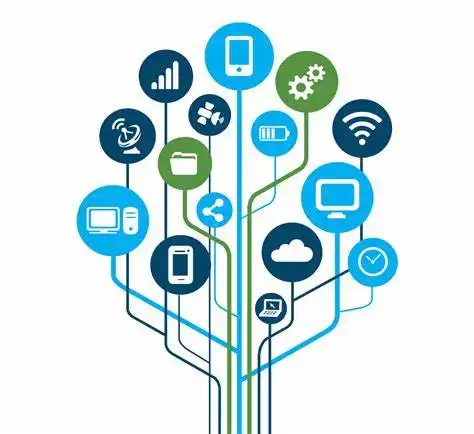Implications of Apple's Substantial Fine
Apple Inc., one of the largest technology companies globally, has recently been charged a substantial fine by the European Union (EU). The regulators in the EU have imposed a whopping $1.8 billion penalty against Apple over allegations of abusive App Store rules.
The fined amount raises a pertinent question about the magnitude of the repercussions that Apple would face. It also puts the lens on the EU's attempts to regulate Big Tech.

Apple's reaction to this development and how this impact would resonate across the world's tech industry is also crucial. The fine suggests a considerable tilt in the power balance towards regulatory bodies.
Dig into the Reasons
Apple is alleged to have abused its dominant position in the tech market. The specifics of the allegations revolve around the App Store's rules, which have been termed as abusive towards other players in the market.
More specifically, they have enforced stringent and unfair requirements on applications and companies operating within their platforms. This act by Apple draws a clear line in the ongoing debate on the power that large tech corporations wield.
By imposing a massive fine, the EU regulators are sending a clear message towards the need for fair trade practices and a steady market competition.
This action is an attempt to tame the seemingly uncontrolled power and influence that Big Tech companies have been exercising in recent years.
The EU's Role in Big Tech Regulation
The EU regulators have been increasingly stern with their measures to keep a check on Big Tech. There have been various instances in the past where Big Tech firms have faced heavy fines.
This can be seen as a concerted effort by the EU to ensure fair market competition. It seems to be part of a wider trend of holding tech companies accountable for their actions.
Apple being hit with such a momentous fine holds a significant implication for other tech giants. The decision could pave the path for stricter regulations on corporate giants, specifically those dealing with technology.
Therefore, the fine is not merely an isolated incident but part of a broader paradigm.'
Apple's Reaction and Way Forward
The reaction of Apple to the massive fine imposed by the EU will be watched keenly by the industry, media, and users. It's a significant test of the company's resolve and will shed light on its potential defenses and response strategies.
Implementing changes in the App Store rules could be a viable way forward for Apple. Revisiting their current practices and restructuring them to make the application space fairer for their competitors could also be a game-changer.
While it's challenging to predict Apple's exact plan of action, it is clear that the company would need to adapt and recalibrate aspects of its business model to handle the perceived market abuse.
The company's response would directly reflect on the power held by regulatory bodies and could influence how other firms perceive and comply with similar charges.
Global Impact of EU's Actions
Apple's fine isn't the first of its kind, nor will it be the last. Still, its size and the institution imposing it warrant asked questions about the global implications of such a decision.
This case could serve as a stern message to tech companies around the world and trigger stricter measures by other governments and regulatory bodies. The balancing of power between corporations and such regulatory bodies is likely undergoing a shift.
This ruling has demonstrated that tech companies, despite their size and influence, are subject to the same rules as everyone else. Thus, this case serves as a precedent for regulatory bodies worldwide as they monitor and attempt to control the operations of global tech giants.
The fine highlights the essence of fair trade practices and reaffirms the concept of companies being held accountable for their actions.